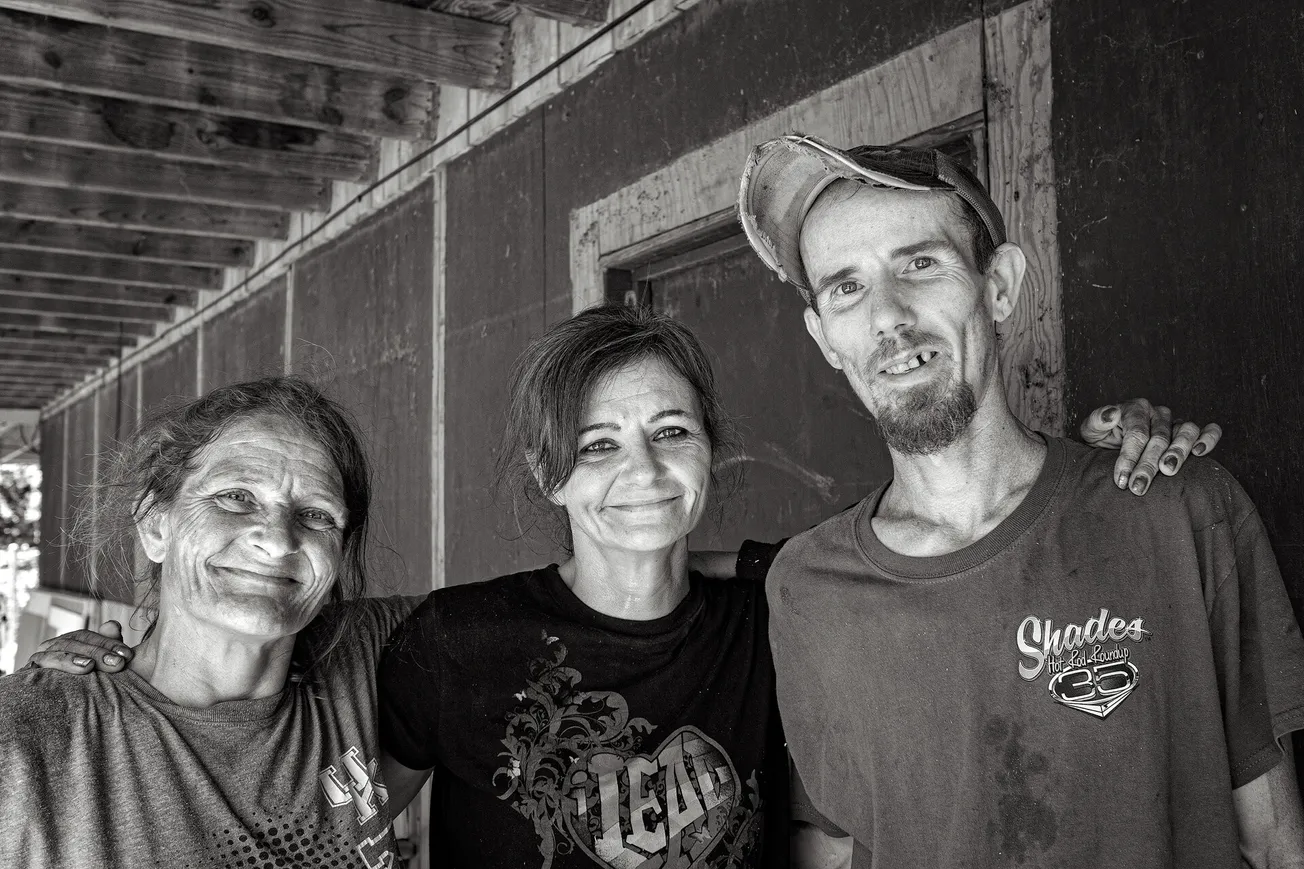Appalachian scholar and humorist Loyal Jones often told the story of two mountaineer cousins who, after some discussion, established that their one particular uncle was a disgrace to the family. But in closing they also agreed, “True, but he’s ours.”
Vance describes in his book, “Hillbilly Elegy,” how he enjoyed moving “home” to Breathitt County in the summers, but had to spend the school year in Middletown, Ohio, and how his life in the city was filled with frustration and anxiety as his mother moved from one failed relationship to another.
In Vance’s depiction of mountain people, he describes their values as fatalistic, overly family-centered, and inflexible. But, those same values can be interpreted as stoic, loyal, and self-reliant – just as described by Jones in his seminal book, “Appalachian Values.”
Also evident in mountain culture are the values of pride and self-reliance. While Vance practices those, he’s a self-proclaimed conservative, and conservatives tend to see success and failure as primarily related to individual characteristics and effort. He misses an insight, however: while we can be sure Vance realizes that every son of a drug-addicted mother doesn’t have a strong and loving grandmother to step in as needed, he is unable to see that just as the reasons for success are not all to the credit of the individual, the failures of Appalachian people are not always under their control.
America’s economic structure has been especially difficult for the people of Appalachia. The subsistence-living mountain pioneers were subjected to outside economic pressures to become coal-dust-covered miners – and as the numbers of those jobs declined, they were tempted up the Hillbilly Highway to chase manufacturing jobs. As those jobs have also disappeared, mountain people remain stranded, like fish out of water, with only their tattered customs and mores remaining.
It is somewhat ironic that Vance credits the military, the largest of all the “governmental programs” he decries as a politician, as his salvation as an “outside” experience. A broader policy thinker might consider that a program of required national service, military or other, might give thousands of mountain boys and girls their own valuable “outside” experience.
Like the disgraceful uncle in Jones’ story, for those of us with roots in Appalachia, these values are a part of our view of the world. The modern world could benefit from many of these mountain values, including family closeness, humility, and love of place. But since Vance didn’t really learn those, he can’t be “ours.”
--30--
Written by Charles L. Baker, MSSW, who was born in Harlan, raised in Hazard, and is the retired mayor of Buckhorn.







